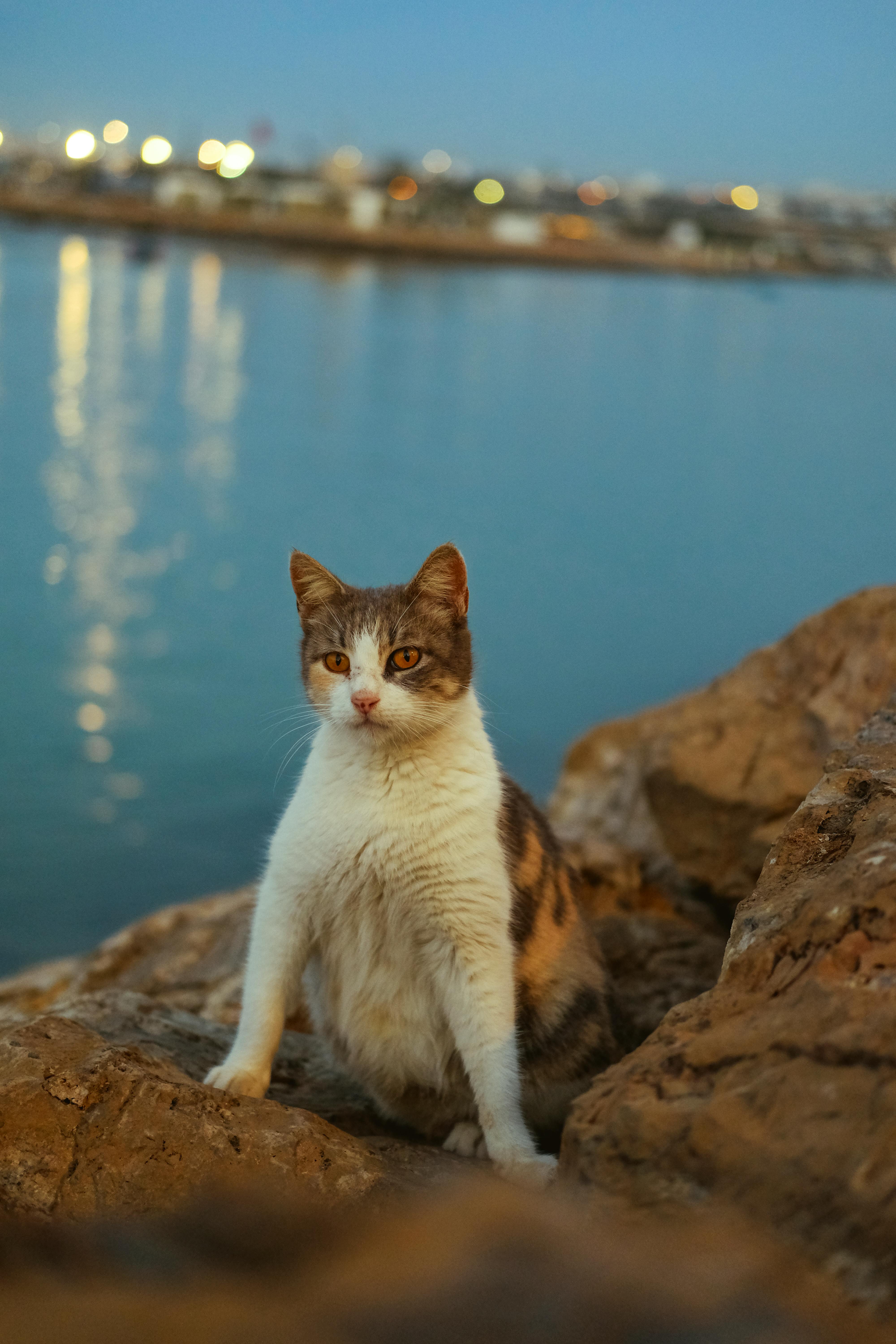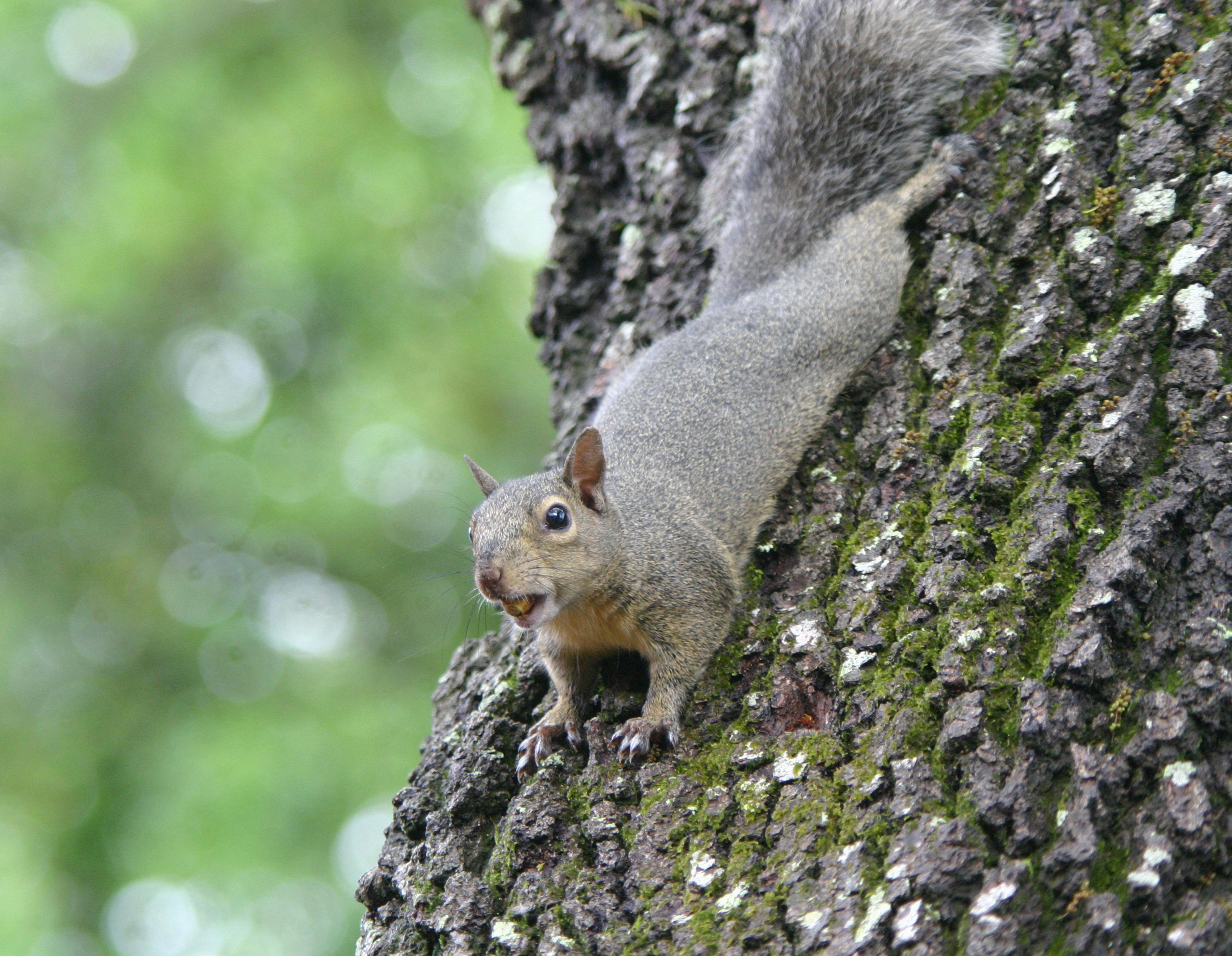Smart Ways to Care for Giant Angora Rabbits in 2025
The Giant Angora Rabbit is a captivating breed known for its luxurious fur, friendly demeanor, and unique characteristics. In 2025, the awareness surrounding optimal care for these fluffy companions has expanded significantly, making it vital for current and prospective owners to understand best practices. This article will explore the essentials of Giant Angora rabbit care, focusing on their habitat, diet, grooming, health, and social needs. Owners will benefit from gaining insights into the temperament and behaviors of Giant Angora rabbits, allowing for better training and socialization. The importance of creating a comfortable environment that caters to their specific needs will also be highlighted. By the end, readers will have a comprehensive understanding of what it takes to provide a loving and nurturing home for these charming pets. Key takeaways include a focus on specialized housing needs, dietary requirements for maximum health, grooming routines that promote a happy living experience, and effective training techniques to forge a solid bond with your rabbit.Creating the Perfect Habitat for Your Giant Angora Rabbit
To successfully care for a Giant Angora Rabbit, it's essential to provide an appropriate and spacious habitat. With their larger size compared to other breeds, understanding their unique housing needs is key to ensuring comfort and happiness.Essential Housing Specifications
A well-designed living space for a Giant Angora rabbit should ideally be at least 12 square feet. They require enough space to hop around, stretch their legs, and play. Enrichment through tunnels, ramps, and hiding spots can keep them engaged and mentally stimulated. Be sure to line the bottom of the enclosure with high-quality bedding, such as aspen shavings or paper bedding, to create a comfortable resting area.Temperature and Ventilation Considerations
Maintaining optimal temperature and ventilation is critical for the health of Giant Angora rabbits. They prefer temperatures between 60°F to 70°F, with good air circulation to avoid overheating. Avoid placing their habitat in direct sunlight or near heating vents, as extreme temperatures can lead to heat stress or respiratory issues.Safety Measures in the Environment
It's crucial to rabbit-proof their living area. Remove harmful plants, secure electrical cords, and ensure they can't access hazardous areas. Include items that encourage healthy chewing, such as untreated wood blocks. Safety should always come first for your Giant Angora rabbit. Building on these habitat fundamentals, understanding their dietary needs is equally important for their overall health.Nourishing Your Giant Angora Rabbit
Feeding your Giant Angora rabbit the right nutrition is vital for long-term health and vitality. A well-balanced diet influences their fur quality, growth, and overall disposition.Choosing the Right Food
Giant Angora rabbits thrive on a diet that primarily consists of high-quality hay, such as timothy or meadow hay, which should make up 80% of their food intake. Incorporate fresh vegetables and specially formulated pellets that cater to their nutritional needs. Avoid feeding them high-calcium foods or excessive treats, as this can cause health issues.Feeding Schedule and Portion Control
Regular feeding schedules are critical. Adult Giant Angora rabbits should eat approximately one cup of vegetables daily, supplemented with a handful of pellets and unlimited hay. Monitor their intake to avoid obesity, a common issue in larger breeds. Regularly check their weight and adjust portions accordingly.Water and Hydration
Hydration is another essential aspect of their diet. Fresh, clean water should be available at all times, either via a water bottle or a bowl. Rabbits are prone to dental issues, making proper hydration important for maintaining overall health. Transitioning from diet to grooming, the splendid fur of the Giant Angora rabbit requires special attention and care.Grooming Your Giant Angora Rabbit Effectively
Grooming is a fundamental aspect of caring for Giant Angora rabbits due to their long, dense fur. Proper grooming not only helps keep them clean but also prevents matting, a common issue in this breed.Grooming Frequency and Techniques
It’s recommended to groom your Giant Angora rabbit at least twice a week, if not more frequently, to manage shedding and prevent mats. Use a slicker brush or a wide-toothed comb to gently detangle the fur. Paying attention to problem areas, such as behind the ears and under the belly, can help prevent furballs.Dealing with Shedding
Giant Angora rabbits typically shed their fur seasonally. During these times, daily brushing may be necessary to reduce the amount of loose hair around your home. Regular grooming reduces the risk of gastrointestinal blockages caused by hair ingestion.Dental and Claw Care
In addition to fur grooming, dental care is essential. Regularly inspect your rabbit's teeth and provide chew-friendly items to help wear them down naturally. Nail clipping is also necessary; aim to trim their claws every four to six weeks to prevent overgrowth and discomfort. With their grooming needs addressed, understanding the health and wellness of Giant Angora rabbits is pivotal.Maintaining Giant Angora Rabbit Health
Regular health checks and preventive measures are vital for ensuring your Giant Angora rabbit remains in good health. As with any pet, being proactive in healthcare can prevent serious issues from arising.Routine Health Checks
Perform regular health checks by observing any changes in their behavior, appetite, and physical condition. Schedule veterinary appointments at least once a year for a thorough examination, focusing on dental health, weight, and general well-being.Common Health Issues
Giant Angora rabbits are at risk of several health issues, including obesity, dental problems, and gastrointestinal stasis. Awareness of symptoms—such as lethargy, weight loss, or changes in fecal output—is crucial for early detection of health-related issues.Vaccinations and Preventive Care
Consult with a veterinarian regarding necessary vaccinations and preventive care. Vaccines play a critical role in preventing diseases that could endanger your rabbit's life. Regularly updating vaccinations and applying treatments for parasites ensures your furry friend remains healthy. As we transition to social needs, understanding the behavioral aspects of Giant Angora rabbits helps foster a loving bond.Understanding the Behavior and Personality of Giant Angora Rabbits
Each Giant Angora rabbit possesses unique personality traits and behaviors—knowing these can deepen the relationship between you and your rabbit.Socializing Your Giant Angora Rabbit
These rabbits tend to be friendly and affectionate. Early socialization is crucial; introduce your Giant Angora to various environments, sounds, and people during their formative months to promote adaptability and reduce future behavioral issues.Training Basics
Giant Angora rabbits can be trained using positive reinforcement techniques such as treats and praise. Basic commands, litter training, and even tricks can enhance your bond and provide mental stimulation. Always be patient and consistent in your approach.Creating Interaction Opportunities
Encourage playtime by providing safe toys designed for rabbits. Engaging them in interactive play not only enhances their physical health but also enriches their mental state. Rotation of toys keeps things fresh and stimulating for your pet. Understanding these behaviors leads us to the importance of fostering a loving bond through proper interaction, training, and care.Conclusion: Caring for Your Giant Angora Rabbit
In summary, caring for a Giant Angora rabbit involves understanding their unique needs—ranging from habitat requirements to dietary considerations and grooming routines. Their social nature and distinct personality traits make them wonderful companions, provided they receive the love and attention they deserve. Investing time in their habits, health checks, and adopting a training regimen will ensure that your Giant Angora rabbit thrives in its environment. With these smart care strategies at your disposal, you'll be well on your way to enjoying a long, happy friendship with your fluffy companion.

